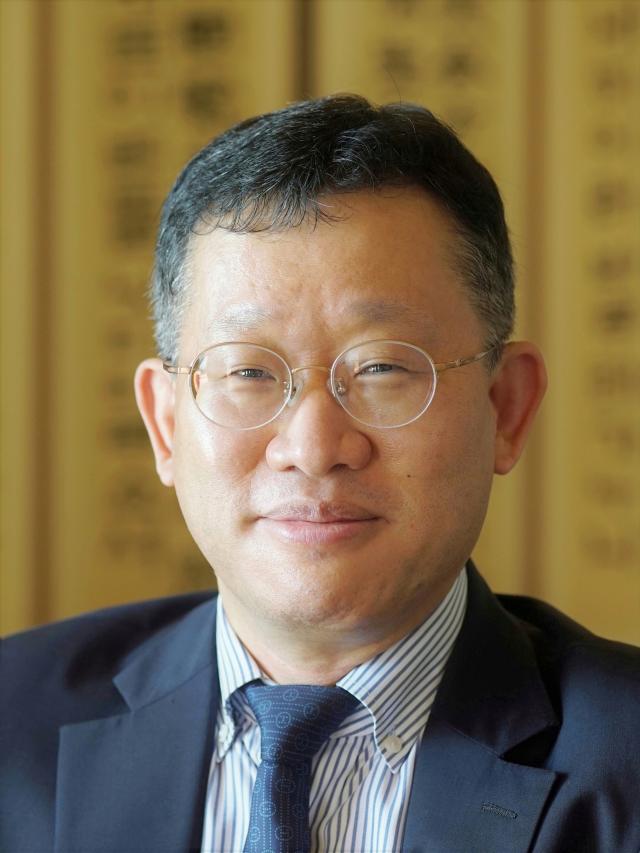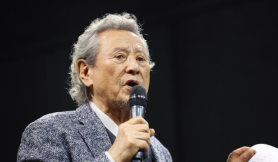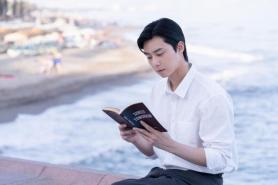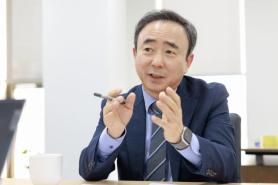
Located at the corner of Shinjuku, a bustling district in the capital known for its characteristic alleys lined with shops, clubs and restaurants, the Korean Cultural Center was founded in 1979 as the first of its kind overseas. Since then, it has served as a major hub for raising awareness of South Korea, a close yet distant neighbor, while promoting mutual understanding to strengthen bilateral relations.
In an interview with the AJP last month, Gong Hyeong-sik, who spearheaded the center from late 2021 until recently, looked back on his time there.
Establishing such a center in Tokyo as a starting point for promoting the country globally was a meaningful first step, not just because of its geographic proximity to Seoul, but primarily due to the strong cultural bond shared by the two countries.
The immense popularity of K-pop and South Korean dramas in the neighboring island country is indeed a testament to how deeply the two countries are culturally connected and intertwined.
Japanese people's deep affinity for South Korean dramas, in particular, seems to be enduring. "Their subjects and themes often resonate with many Japanese, who find a sense of familiarity rooted in similar cultural values shared across Asian countries despite the complexities of history," Gong explained.
It is no surprise that many of the center's previous events were inspired by megahit drama series such as the 2002 hit "Winter Sonata," starring Bae Yong-joon, which sparked what has now come to be known as the Korean Wave, and the 2019 series "Crash Landing on You," starring Hyun Bin and Son Ye-jin, who later became a real-life couple.
For example, concerts featuring the soundtracks of hit drama series, screenings, up-close fan-meet events with the stars of the shows, and other activities often drew great attention, attracting hordes of enthusiastic Japanese fans with tickets selling out within just a few days.
All these events and programs not only offer them a chance to meet with their favorite stars, but also provide opportunities to learn more about Korean culture.
Gong, nevertheless, pointed out that despite many cultural similarities, some differences between the two countries do exist, and that is why the center keeps this in mind when planning events or interacting with Japanese people.
These differences are particularly evident in the ways they communicate or express themselves. "Mostly reserved and temperate, Japanese people often tend to speak indirectly rather than giving a clear affirmative answer, which may sometimes be misunderstood by some South Koreans," he said.
"It usually takes time to get close to Japanese people, who highly value their privacy, so it's better not to rush things when developing relationships," he advised, adding, "Gradually building trust works best."
Gong said he made every efforts to bridge these differences and gaps by carefully designing the center's various programs to expand mutual understanding.
Among them was a tour program to historical sites and ancient temples, which was well received by participants. "Many participants, who toured ancient temples and museums preserving historical relics and artifacts such as traditional Korean paper, antique candlesticks, and musical instruments brought by royal envoys centuries ago expressed their satisfaction, saying they learned a lot from the tour," Gong recalled.
"Their positive response and feedback made us feel proud and fulfilled, as we believe we played a role in bridging the two countries," he added.
Gong wrapped up the interview by stressing, "Although I'm leaving my post, I'm confident that the friendship between the two countries, built through the efforts and achievements of the center, will persist and grow into the future."
Copyright ⓒ Aju Press All rights reserved.




